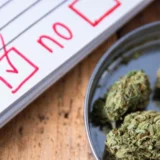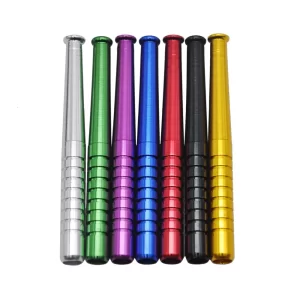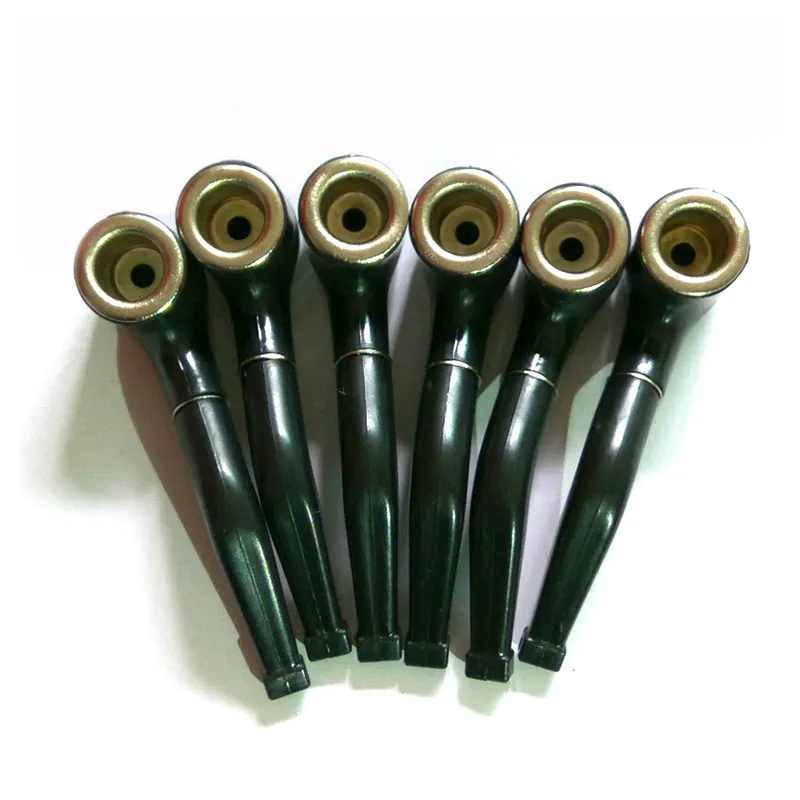A federal judge has ruled against Utah state and county officials in a lawsuit challenging their prosecution of a Provo City-based religious group that uses the psychedelic fungi as sacrament.
This comes about three months after U.S. District Judge Jill N. Parrish granted Singularism’s motion for a temporary injunction and ordered police to return psilocybin that was seized last year as part of a raid at its spiritual center.
There were still two outstanding matters to resolve, however. One, the government’s motion to dismiss, was denied. The other, Singularism’s motion for an anti-suit injunction, was granted.
The group’s founder initially sued on constitutional grounds and under the state Religious Freedom Restoration Act (RFRA), which was passed last year and aims to protect religious practices from government interference.
The court’s prior order to return the psychedelics followed raid during which authorities seized the mushrooms as well as scripture. Singularism sued in state court, and five days later, the state filed criminal drug charges against the religion’s founder, Bridger Lee Jensen.
“The irreparable injury to Plaintiffs is not merely theoretical,” the judge said in her latest order on Monday. “Based on the record in this case, the court notes once again its finding that the prosecution was brought in bad faith as part of a larger effort to harass Plaintiffs for their entheogenic religious practices and in hopes of giving the government a second opportunity to litigate the free-exercise issues presented squarely in this case.”
“The prosecution has already caused Singularism to lose many of its practitioners and affiliates, and forcing Plaintiffs to wait until the conclusion of the criminal proceedings to secure their free-exercise rights would be the equivalent of issuing a death warrant for their nascent religion. For these reasons, the court grants Plaintiffs’ motion for an anti-suit injunction pending final judgment in this court enjoining further proceedings in the state criminal case against Mr. Jensen insofar as that case prosecutes him for violating the Utah Controlled Substances Act’s prohibitions on psilocybin.”
Parrish also made the point that because Utah law already creates an exemption for psilocybin use in a secular, medical setting, an exemption must also apply to its use in religious practices.
“The governmental interest behind the Act, at least according to Defendants, is preventing harm from and abuse of substances that are dangerous or addictive,” the judge said.
“A religious exemption for Plaintiffs risks undermining these interests, they claim: the psilocybin used for a voyage may be tainted, a facilitator may fail to recognize a contraindicating drug, or a recreational user may pose as a religious practitioner to obtain psilocybin for illegal, nonreligious purposes,” she said. “But these same risks inhere in the secular exemption, too, especially since the medical exemption imposes no sourcing, testing, or chain-of-custody requirements for the psilocybin administered by healthcare systems.”
She also said that a law that “categorically prohibits the possession and use of the psilocybin sacrament—thereby preventing Singularism’s adherents from pursuing their spiritual voyages and hindering them from producing their sacred scripture—not only burdens but substantially burdens the free exercise of Singularism and its adherents.”
The government separately argued that the burden imposed on the religious group was related to the criminal prosecution it faced, but the judge said that “challenge entirely misses the mark and borders on the disingenuous.”
“Most fundamentally, Defendants fixate on their criminal prosecution as the source of the burden on Plaintiffs’ religious exercise when the root of the burden is the Utah Controlled Substances Act and its direct prohibitions on psilocybin use,” she said. “If the statute did not prohibit Plaintiffs’ psilocybin use, Defendants would have no basis for prosecuting Mr. Jensen. And to state the obvious, a statute can substantially burden religious exercise.”
The order also sharply criticized the defendants’ position that, without having actually imposed criminal penalties against Singularism’s leaders or congregates, the claimed burden under the RFRA is moot. The judge didn’t see it that way.
“Finally, the implications of Defendants’ argument are breathtaking,” she said.
“Suppose the State of Utah decided to give Prohibition another try and passed a law banning the possession, use, or distribution of alcoholic beverages with a limited exception for red wine administered by a healthcare system for medical reasons. Then suppose that Catholic priests in Provo, believing themselves to be protected by the Utah RFRA, distributed wine during Mass and consequently faced criminal prosecution by Utah County.
According to Defendants’ theory, as long as no criminal penalties were actually imposed on the priests, their religious exercise would not be substantially burdened, either by the law banning alcoholic beverages or by the criminal prosecution. The ludicrousness of Defendants’ argument here needs no explanation. In any event, the court concludes that Plaintiffs have alleged a substantial burden on their free exercise and consequently established their prima facie case.”
The latest ruling comes after a federal government watchdog last year highlighted a need for clearer timelines and standards in the religious exemption process around controlled substances.
The 80-page report from the Government Accountability Office (GAO) said that the Drug Enforcement Administration (DEA) should improve the process through which it considers granting religious exemptions for psilocybin and other controlled substances, asserting that the existing route lacks clarity on timing, evaluation and other matters.
GAO focused specifically on psilocybin use under the Religious Freedom Restoration Act (RFRA), finding that DEA’s process was burdensome.
While exemptions from the Controlled Substances Act (CSA) for religious use are rare, they’re not entirely unheard of. A legal settlement last year between several government agencies and an Arizona-based nonprofit, for example, permitted the group to import and use ayahuasca as a religious sacrament.
The organization, the Church of the Eagle and the Condor (CEC), said at the time that it was “the first non-Christian church to receive protection for its spiritual practices regarding Ayahusca,” adding that the development under RFRA marks “the first time in history a church’s right to import and share its sacrament has been secured without going to trial.”
Months after the settlement, however, the federal government said the agreement was irrelevant in the case of a separate psychedelic church in Iowa that wants to incorporate ayahuasca into its ceremonies.
That church—the Iowaska Church of Healing—first sent its petition to DEA asking for an exemption around ayahuasca use in 2019. A separate request for a tax exemption with the Internal Revenue Service (IRS) initially received no response from the agency, according to court filings.
The church found an unusual ally in anti-drug U.S. Sen. Chuck Grassley (R-IA), who court filings said was instrumental in expediting the regulatory appeals process back in 2021. A Grassley spokesperson later Marijuana Moment, however, that the senator’s help shouldn’t necessarily be viewed as an endorsement of the church’s point of view on psychedelics.
Read the judge’s order in the Utah psilocybin church case below:




























